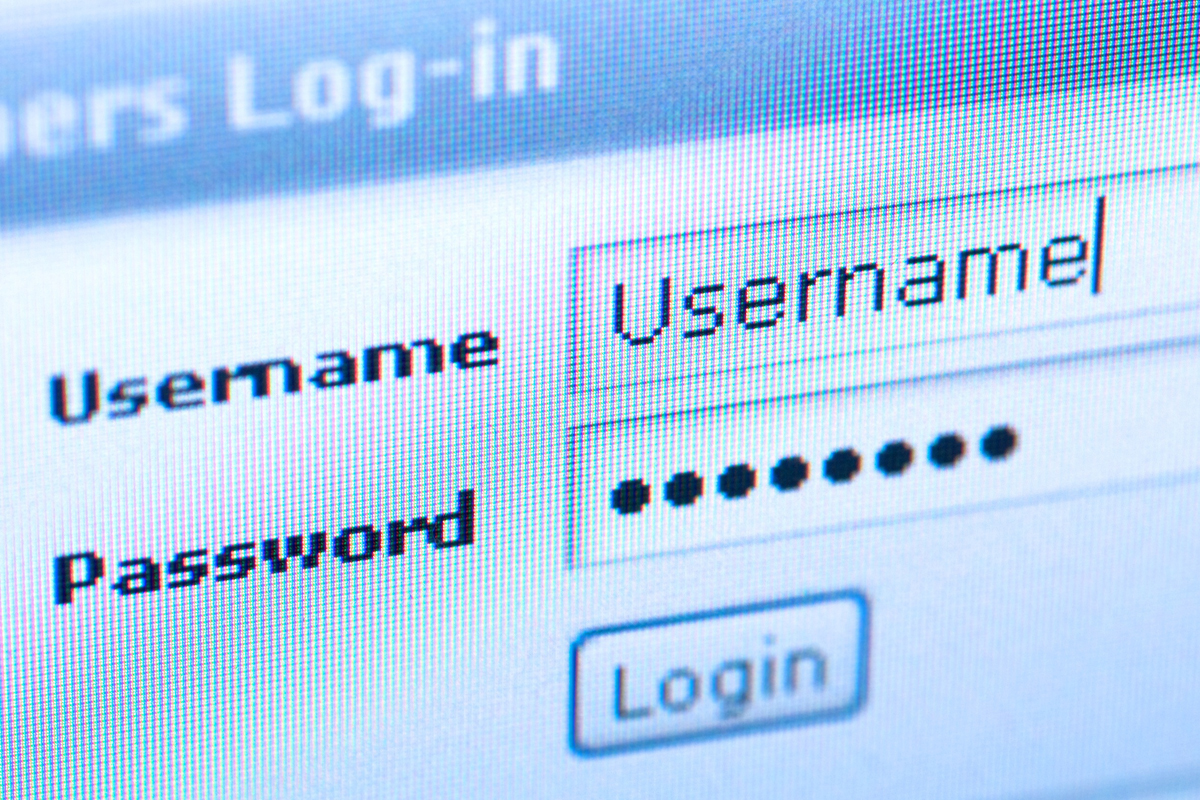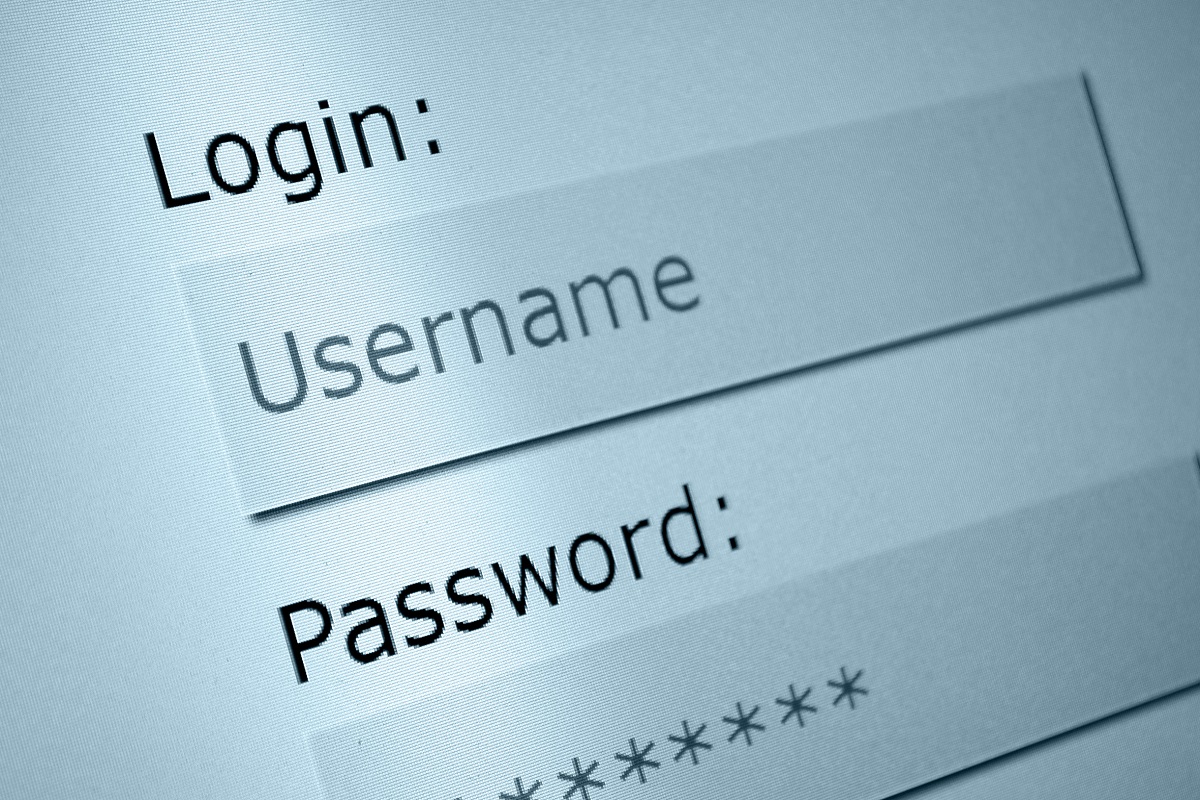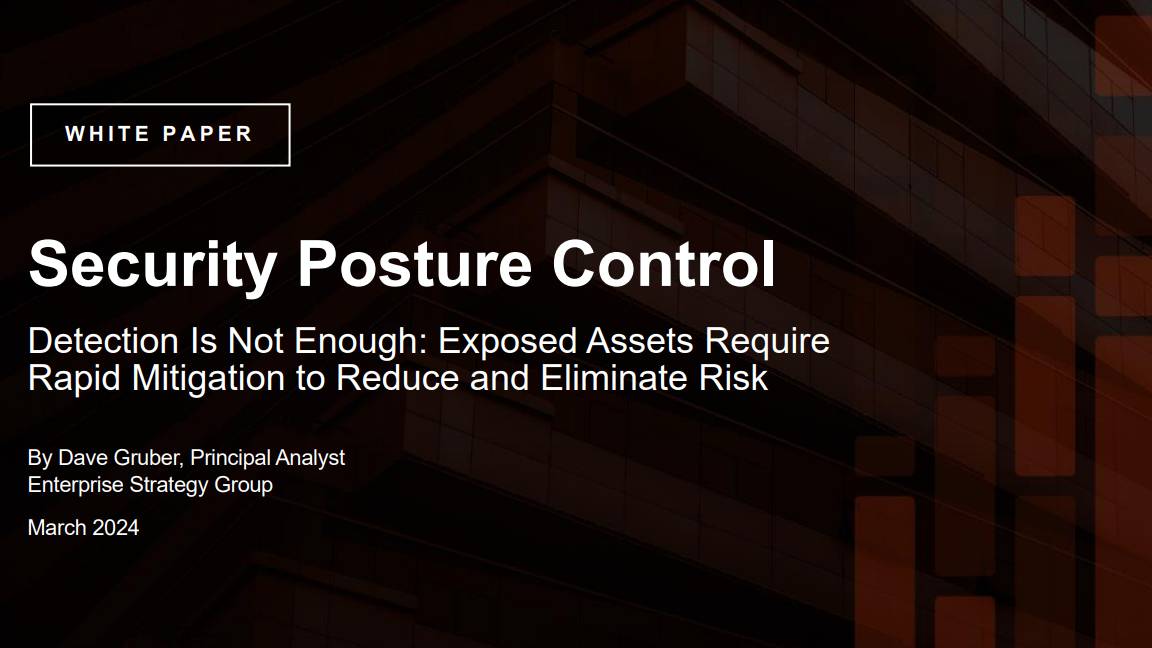LastPass passwords compromised by hack
LastPass passwords not necessarily the last password you’ll ever need.

LastPass, the password management software company, has told customers they will be forced to change their passwords due to a possible security breach.
The company reported on its blog that a "network traffic anomaly" had occurred in its logs from a "non-critical" machine, before concluding it could have possibly been an attack.
The software allows users to store multiple passwords, which they use regularly in an encrypted format on a database under a single master password. The company slogan suggests this will be the last password they will ever need to remember.
While the breach may be a bit embarrassing, similarly ironic security issues are not unheard of.
LastPass is now forcing a password change requiring users to identify themselves via either an established IP address for their account or through email address validation.
The LastPass team admitted that they didn't have too much evidence pointing to a precise problem but noted "where there's smoke there could be fire." They have also determined there was "no tampering with the repository itself."
"We realise this may be an overreaction and we apologise for the disruption this will cause, but we'd rather be paranoid and slightly inconvenience you than to be even more sorry later," the LastPass team said in a blog post.
Sign up today and you will receive a free copy of our Future Focus 2025 report - the leading guidance on AI, cybersecurity and other IT challenges as per 700+ senior executives
"Again, we apologise for the inconvenience caused and will continue to take every precaution in protecting user data."
Security experts feel the company has acted responsibly in the action its taken.
Sophos noted there might still be problems for some users whose email passwords are stored within their LastPass account, creating a catch-22 situation for verifying and resetting their master passwords.
On top of this, some email accounts might be catching LastPass notifications as spam.
Sony recently experienced a data breach affecting its PlayStation Network. However, it took almost a week to notify users. LastPass has been somewhat more expedient in alerting users to the potential problem.
"I'd say that anytime you're storing data centrally, you're risking something. That said, if you handle things the right way by using a strong master password, you really do protect yourself. I think we're in a better position than most, but that being said, we are relying on our users a bit and that is something we need to make easier," LastPass' chief executive Joe Siegrist said in an interview with PCWorld.
"We tried to handle this the way we'd want it to be handled if we were users. And that's what we're looking at. We're trying our best to do what's right."
-
 Thousands of exposed civil servant passwords are up for grabs online
Thousands of exposed civil servant passwords are up for grabs onlineNews While the password security failures are concerning, they pale in comparison to other nations
-
 Gen Z has a cyber hygiene problem
Gen Z has a cyber hygiene problemNews A new survey shows Gen Z is far less concerned about cybersecurity than older generations
-
 Passwords are a problem: why device-bound passkeys can be the future of secure authentication
Passwords are a problem: why device-bound passkeys can be the future of secure authenticationIndustry insights AI-driven cyberthreats demand a passwordless future…
-
 LastPass just launched a tool to help security teams keep tabs on shadow IT risks
LastPass just launched a tool to help security teams keep tabs on shadow IT risksNews Companies need to know what apps their employees are using, so LastPass made a browser extension to help
-
 The NCSC wants you to start using password managers and passkeys – here’s how to choose the best options
The NCSC wants you to start using password managers and passkeys – here’s how to choose the best optionsNews New guidance from the NCSC recommends using passkeys and password managers – but how can you choose the best option? ITPro has you covered.
-
 The big book of selling data protection
The big book of selling data protectionWhitepaper Agile risk management starts with a common language
-
 Detection is not enough: Exposed assets require rapid mitigation to reduce and eliminate risk
Detection is not enough: Exposed assets require rapid mitigation to reduce and eliminate riskWhitepaper Agile risk management starts with a common language
-
 I love magic links – why aren’t more services using them?
I love magic links – why aren’t more services using them?Opinion Using magic links instead of passwords is safe and easy but they’re still infuriatingly underused by businesses

